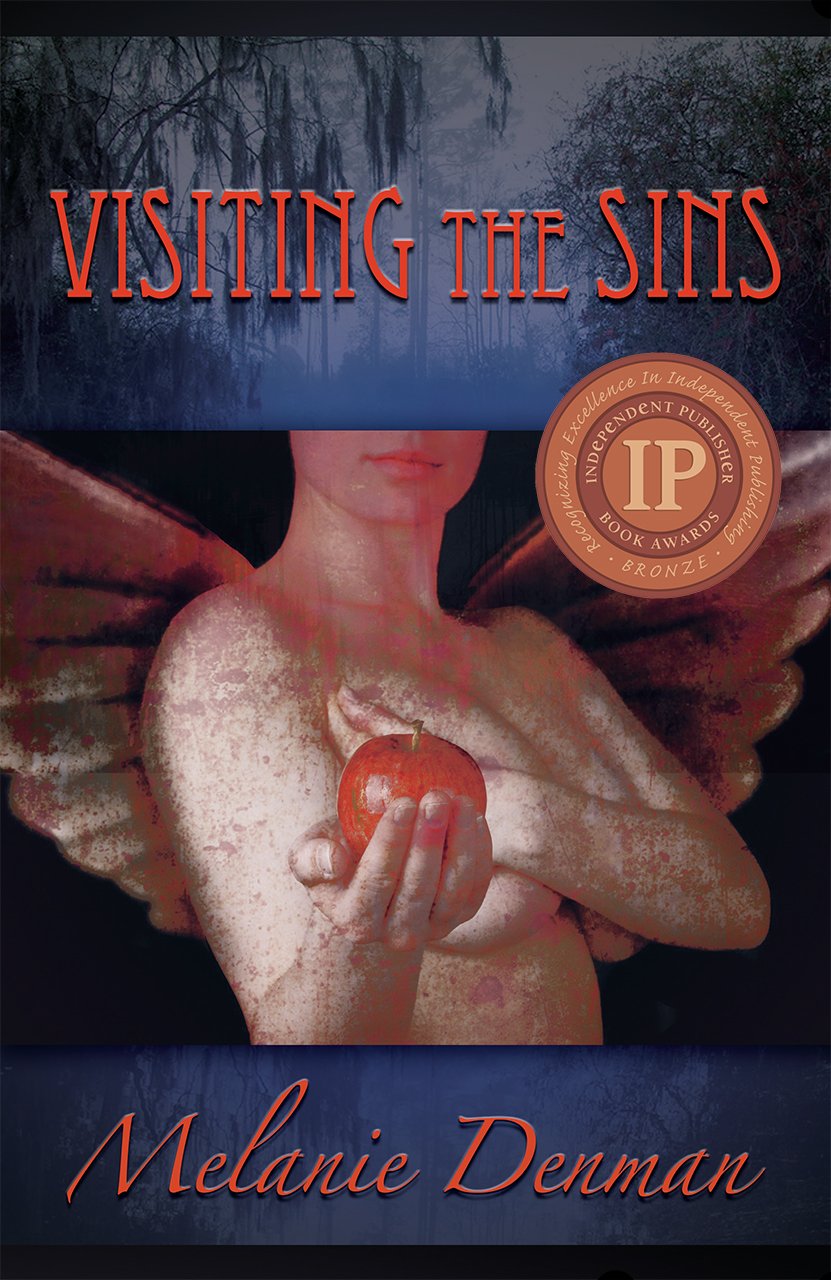
This debut novel by
Melanie Denman analyzes sacrificial motherhood, promising to be darkly humorous
and focusing on generational feuds. The book begins with one of the novel’s
many narrators, Curtis Jean Caskey, explaining the nature of sin in the
prologue, with Curtis Jean in fact being the most prominent narrator of the
story, her first main chapter involving a visit to the grave of a character nicknamed
“Pokey” on Mother’s Day, with a few of her sections narrating the events
leading to the character’s ultimate demise, while also mentioning her love of
Vacation Bible School and describing a few family members such as her Uncle Hotshot,
her politician father, and her second cousin Alice Ann.
Another narrator is
Patricia, who owns a beauty parlor named Pat’s Palace and describes the town of
Calcote, Texas as deeply religious to the point where a sign outside the city
mentions its nature. The late Pokey gets two chapters of her own, with her
parts being liberal in use of the N-word and describing her family members.
Alice Ann gets her first and only chapter around the book’s two-fifth mark, mentioning
her mother’s retribution for falling in love with a miscreant and suggesting
her County is in the dark ages in terms of civil rights. Almost halfway through
the book is another one-chapter-wonder narrator, Irene.
The final narrator
introduced is Rebanelle, who gets her first chapter around two-thirds into the
novel, with the late portion of the book describing a note found in Pokey’s
cedar chest that describes a violent family feud through newspaper articles and
the geography of Thorny Bog. The author follows the main text with a note that
all the characters are fictional but suggests that Pokey was based on one of
her grandmothers, gives acknowledgements to those that helped her during the
writing process, and even provides some book club discussion questions,
following which is the author’s bio. Ultimately, this debut novel is enjoyable
and humorous, even if darkly so, though the racism of a few characters might
alienate certain audiences.
No comments:
Post a Comment